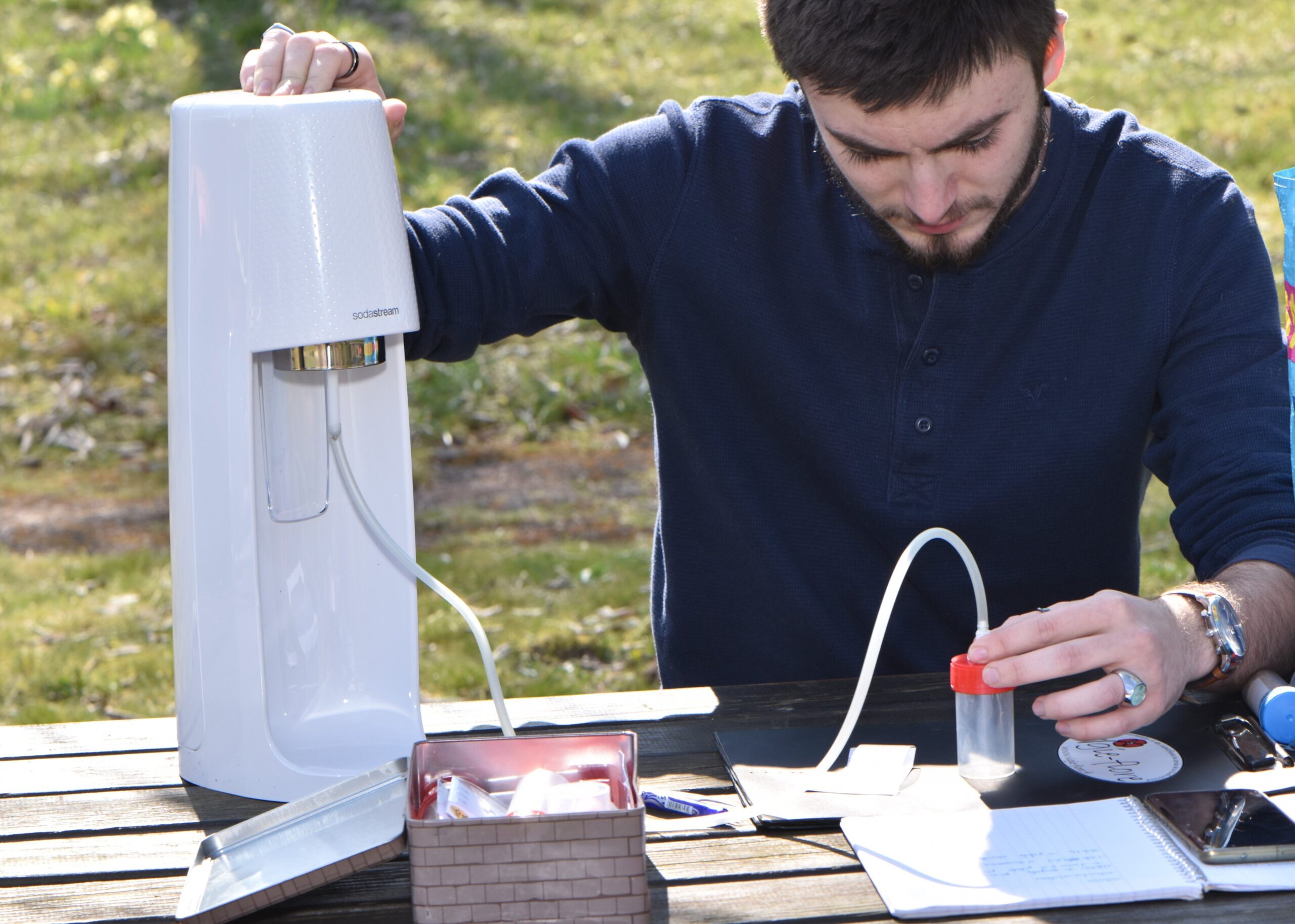A study in Biological Reviews led by researchers from the Institute of ecology and environmental sciences – Paris, the Institute of Systematics, Evolution, Biodiversity and the Center for Ecology and Conservation Sciences makes the synthesis of published knowledge on Mullerian mimicry in aculeate wasps and bees. It argues that aculeates may be one of the most diverse groups of mimetic organisms and that the diversity of their mimetic interactions is currently underexplored.
Lire la suite / Read more
This study reveals the potential of soda machines to anesthetize pollinators. A gentle way to help study flower visitors and develop automated recognition tools by image analysis using artificial intelligence.
Lire la suite / Read more
The bronze medal rewards initial research that has established a researcher as a specialist in their field. This distinction is a form of encouragement to pursue research that is already well underway and proving successful.
Florence Débarre, CNRS researcher at iEES Paris, is one of the 2022 CNRS talents rewarded for her research in evolutionary ecology and epidemiology and its implications for better understanding the evolution of the COVID19 virus.
Lire la suite / Read more
As part of a partnership with the City of Paris, several members of the laboratory (Basile Finand, Céline Bocquet, Pierre Federici, Thibaud Monnin et Nicolas Loeuille (“EERI” Team of “DCFE” Department and “ESEAE” Team of “EcoEvo” Department) sample the soil fauna and in particular the ants in the Parisian green spaces. To popularize and explain this […]
Lire la suite / Read more
Our results suggest that V. velutina is a generalist opportunistic predator targeting mostly locally abundant prey. While the species may have an impact on honeybees, its generalist, opportunistic behaviour on abundant insects suggests a minor impact on wild species.
Lire la suite / Read more
A species of “murder hornet,” beheads and feeds to its larvae an insect that is very important to, and symbolic of, France: the honeybee.
Lire la suite / Read more
In the city, the seasonal patterns of activity of insect pollinators could be disturbed by the urban microclimate as well as by the presence of ornamental flora. To study this phenomenon, Vincent Zaninotto and his collaborators monitored the activity of insect pollinators in Paris and in the natural environment, from late winter to autumn. In […]
Lire la suite / Read more
Smaller organisms are typically more abundant than larger ones, which is a fundamental characteristic of ecological communities. How environmental pulse disturbances affect these « abundance pyramids » remains poorly understood. In a study recently published in Ecology Letters, researchers from iEES Paris and the University of Zürich showed that disturbances which are not size-selective still […]
Lire la suite / Read more
Team news Team publications Team members In the context of current large pressures exerted by human populations on natural communities, ecological sciences often cannot provide adequate predictions or management decisions. One reason is the intrinsic complexity of ecosystems. The EERI team tries to handle a part of this complexity by focusing on the structure, functioning […]
Lire la suite / Read more
For more than 10 years, the City of Paris and the Institute of Ecology and Environmental Sciences of Paris have been collaborating on various issues of urban ecology. From these multiform collaborations at the interface between fundamental research and concrete techniques for the management of urban environments, several advances have been made on both scientific […]
Lire la suite / Read more









